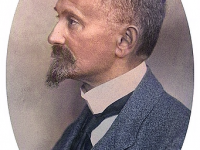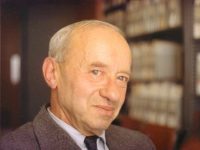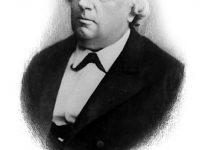Georg Cantor and the Beauty of Infinity
On March 3, 1845, German mathematician Georg Cantor, creator of the set theory was born. Set Theory is considered the fundamental theory of mathematics. He also proved that the real numbers are “more numerous” than the natural numbers, which was quite shocking for his contemporaries that there should be different numbers of infinity. “In mathematics the art of asking questions is more valuable than solving problems.” – Georg Cantor, Doctoral thesis (1867) Youth…
Read more





